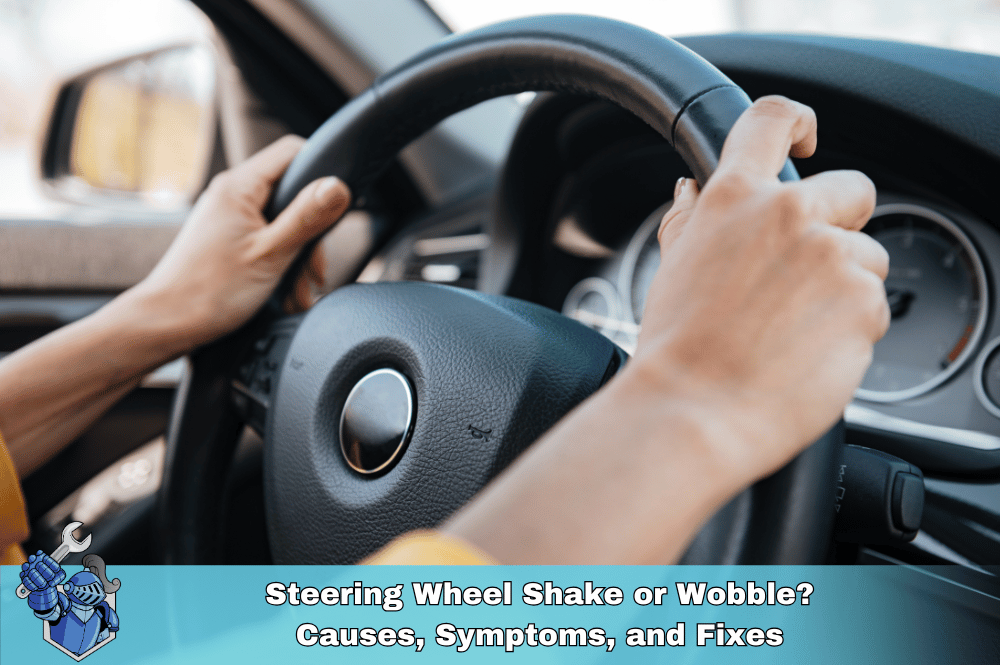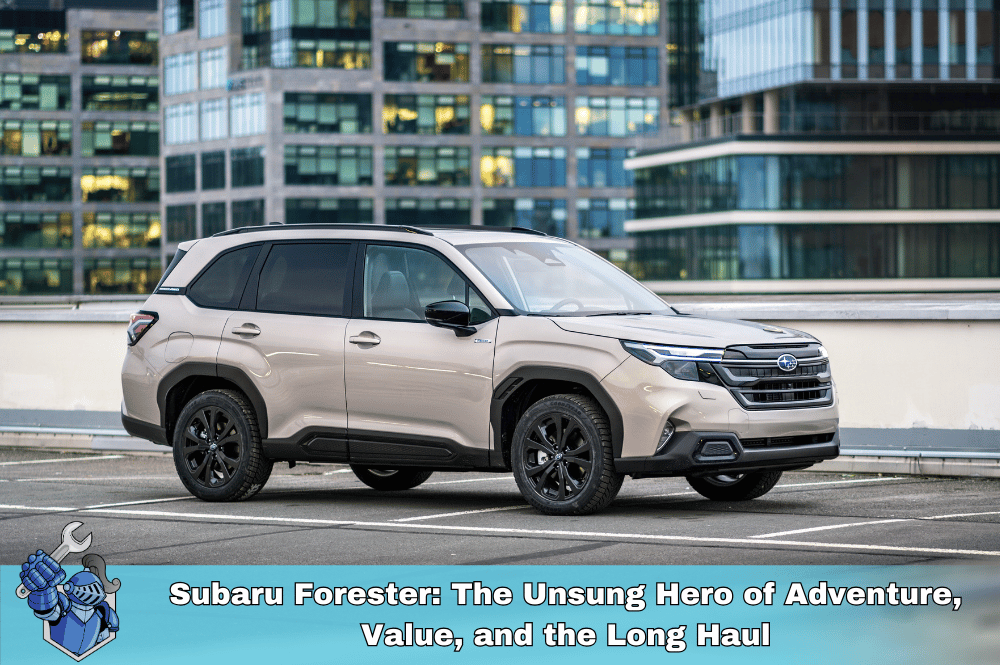A cabin air filter cleans the air that enters your vehicle's interior through the HVAC system, removing dust, pollen, mold spores, and other airborne particles to improve in-car air quality.
When you slide into your vehicle and turn on the air conditioning, the last thing on your mind is likely the cabin air filter. But this small, often overlooked component plays a big role in your daily comfort and health. Whether you're commuting to work, driving cross-country, or simply running errands, a clean cabin air filter makes a world of difference—not just for your nose, but for your lungs, your passengers, and your car’s ventilation system.
In this guide, we’ll walk you through what a cabin air filter does, why it matters, how often to change it, what happens if you neglect it, and how it ties into your auto AC maintenance and overall driving experience. Plus, we’ll discuss how this component fits into your vehicle service contract coverage—like those offered by Noble Quote—so you can drive with total peace of mind.
What Does a Cabin Air Filter Do?
Your cabin air filter is part of your car’s HVAC system. Its job? To clean the air that flows through the car ventilation system before it reaches you through the air vents. It traps dust, pollen, smog, mold spores, and even bacteria, keeping the air in your car cleaner and safer to breathe.
Some high-end filters, like HEPA cabin air filters or carbon cabin air filters, go further by filtering out microscopic allergens, odors, and harmful gases—making them a go-to choice for people with allergies or respiratory sensitivities.
This filter is not to be confused with your engine air filter, which cleans the air entering the engine for combustion. If you’ve ever wondered about cabin air filter vs engine air filter, just remember: one helps your lungs, the other helps your engine.
Cabin Air Filter Benefits: More Than Just Clean Air
You may be surprised how much of a difference a clean cabin air filter can make. Here are some top benefits:
- Improved interior air quality: Removes contaminants like dust in car vents, pollen, and road debris.
- Odor control: Eliminates or reduces musty smell in car AC or bad cabin air filter smell.
- Allergy relief: Reduces allergens, improving symptoms for sensitive passengers.
- Preserved HVAC performance: Avoids reduced airflow in car AC caused by clogs or blockages.
- Protects your AC system: A clogged filter makes your HVAC work harder, increasing wear.
When to Replace Cabin Air Filter (And How Often)
Most automakers recommend changing your cabin air filter every 12,000 to 15,000 miles, or once a year—whichever comes first. But your environment matters. If you drive in a city with high pollution, live near construction zones, or frequently drive through pollen-heavy areas, you might need to change it more often.
So, how often to change the cabin air filter depends on your vehicle and lifestyle—but signs of trouble often appear before the schedule.

Clogged Cabin Air Filter Symptoms
A dirty cabin air filter isn’t just gross—it can affect your comfort and your vehicle. Watch for these symptoms:
- Weak airflow from AC or heating
- Unpleasant, musty smell when AC or heater is on
- Increased dust on interior surfaces and in vents
- Foggy windows that won’t clear easily
- Loud fan noise but minimal air movement
If these symptoms show up, it’s likely time for a cabin air filter replacement.
What Happens if You Don’t Change Cabin Air Filter?
Neglecting your cabin air filter can lead to more than just stinky air. It can:
- Decrease your car AC filter efficiency
- Lead to overworked blower motors
- Aggravate asthma and allergy symptoms
- Shorten the lifespan of your car ventilation system
- Create a bad cabin air filter smell that lingers
And yes, all of this can contribute to unnecessary repairs—not usually something your typical vehicle service contract will cover if due to maintenance neglect.
Cabin Air Filter Location: Where Is It?
You’ll typically find your cabin air filter location behind the glove compartment, under the dash, or beneath the hood near the windshield. If you're not sure, check your owner’s manual or look online for "where is cabin air filter located [your make/model]."
Knowing the exact location is key for replacement, especially if you plan to do it yourself.
Cabin Air Filter Replacement: Can You DIY?
Absolutely. If you’re a hands-on driver, here’s a quick overview of how to change a cabin air filter:
- Locate the filter compartment
- Open the housing, which may require removing the glove box or a panel
- Remove the old filter and note the airflow direction
- Insert the new filter, ensuring correct alignment (yes, cabin air filter direction matters!)
- Close everything up
If you’re wondering, can you clean cabin air filter instead? The answer is: not really. While you might knock off a bit of dust, paper or pleated filters can’t truly be cleaned and reused. It’s best to replace them.

Cabin Air Filter Types: Pleated vs Carbon vs HEPA
When shopping for replacements, you’ll come across different types:
- Pleated filters: The most common and affordable.
- Carbon cabin air filters: Better at removing odors and fumes.
- HEPA cabin air filters: Offer superior filtration for allergens and small particles.
Choosing the right one depends on your needs. Got allergies? Spring for a cabin air filter for allergies. Live in a city? Carbon may be your best bet.
Cabin Air Filter Replacement Cost
On average, expect to pay:
- $15–$40 for the part (depending on type and vehicle)
- $40–$80 for labor (if installed by a pro)
So the cabin air filter replacement cost totals about $50–$120 depending on whether you DIY or visit a mechanic. It’s a small price to pay for cleaner air and system efficiency.
Car Air Filter vs Cabin Air Filter: What’s the Difference?
Let’s clear this up. The car air filter, also called the engine air filter, protects your engine from dirt and debris. The cabin air filter protects you—and your passengers—from allergens, odors, and pollution. Both matter, but they serve different purposes.
Does a Cabin Air Filter Affect My Vehicle Service Contract?
Typically, cabin air filters fall under routine maintenance, which means they’re not covered under most vehicle service contract HVAC system protections. However, if a clogged cabin air filter leads to HVAC system failure due to neglect, your claim may be denied.
It’s one more reason to stay on top of small but vital tasks like this one. A proactive driver is a protected driver.
Learn More About Vehicle Maintenance
At Noble Quote, we care about the total health of your vehicle—not just major breakdowns. That’s why we offer industry-leading extended protection plans that help drivers navigate the unexpected with confidence.
Learn more in our Noble Quote Learning Center—where we break down common repair concerns, costs, and how to stay road-ready.
Breathe Easier, Drive Smarter
Keeping your car’s cabin air filter clean is one of the easiest, most affordable ways to protect your health, your HVAC system, and your passengers. Whether you're a DIY pro or prefer to let the shop handle it, knowing when to replace cabin air filters and why it matters helps you stay ahead of costly problems.
And if you’re looking for even more protection, consider a vehicle service contract with NobleQuote. Because maintenance may be up to you—but unexpected repairs don’t have to be.
Visit our Learning Center for more essential guides to vehicle care and protection.
Common Cabin Air Filter Questions: What Drivers Need to Know for Healthier, Safer Rides
What does a cabin air filter do in a car?
How often should I replace my cabin air filter?
Most cabin air filters should be replaced every 12,000 to 15,000 miles, or at least once a year. However, drivers in high-smog, dusty, or high-pollen areas may need to change it more frequently.
What are the symptoms of a clogged cabin air filter?
Common signs include reduced airflow from vents, a musty smell inside the vehicle, increased dust in the cabin, foggy windows, and unusual noise from the AC fan.
Is a cabin air filter the same as an engine air filter?
No. A cabin air filter cleans air that flows into the cabin for passengers to breathe, while the engine air filter cleans air used by the engine for combustion.
Can a dirty cabin air filter affect AC performance?
Yes. A clogged cabin air filter can restrict airflow, making the AC system work harder, reducing efficiency, and increasing the risk of damage to the blower motor.
Where is the cabin air filter located in most vehicles?
The cabin air filter is typically located behind the glove compartment, under the dashboard, or beneath the hood near the windshield. Your vehicle’s manual will provide exact placement.
Can I clean and reuse a cabin air filter?
Most cabin air filters are designed to be replaced, not cleaned. Attempting to wash or reuse them may reduce their effectiveness and allow contaminants into the cabin.
What happens if I don’t change my cabin air filter?
Neglecting to replace it can lead to poor air quality, unpleasant odors, increased allergy symptoms, reduced HVAC efficiency, and long-term wear on your car’s ventilation system.
How much does cabin air filter replacement cost?
The average cost ranges from $50 to $120, depending on whether you do it yourself or have it replaced by a mechanic, and on the type of filter used.
Are HEPA or carbon cabin air filters worth it?
Yes. HEPA filters are ideal for allergy sufferers as they capture fine particles, while carbon filters are great for removing odors, smoke, and fumes. Both offer enhanced protection compared to standard pleated filters.
Suggestions for you
Read MoreLet’s work together
Every week we showcase three charitable organizations that our donations are sent to. Our clients are able to choose which of these three will receive their gift when they add coverage to their vehicle...

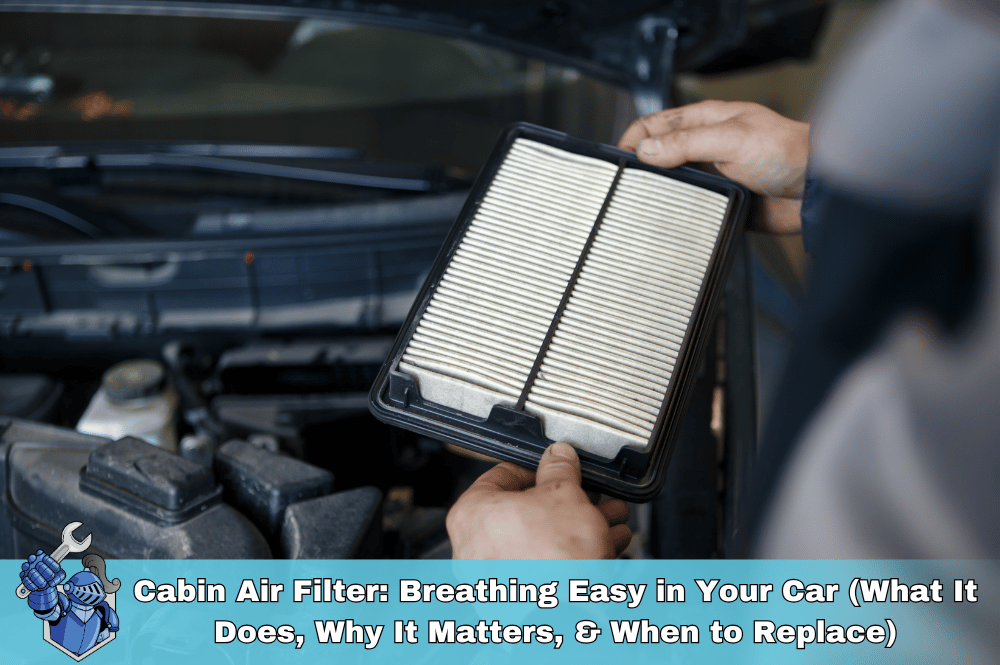
 Esurance Auto Insurance Review 2025: Is It the Right Digital Fit for Your Ride?
Esurance Auto Insurance Review 2025: Is It the Right Digital Fit for Your Ride? Is Your Car Insurance Enough? Unexpected Repairs and the Peace of Mind of a NobleQuote Vehicle Service Contract
Is Your Car Insurance Enough? Unexpected Repairs and the Peace of Mind of a NobleQuote Vehicle Service Contract Teen Driver Car Insurance Costs & Strategies: How to Get Affordable Coverage for Young Drivers
Teen Driver Car Insurance Costs & Strategies: How to Get Affordable Coverage for Young Drivers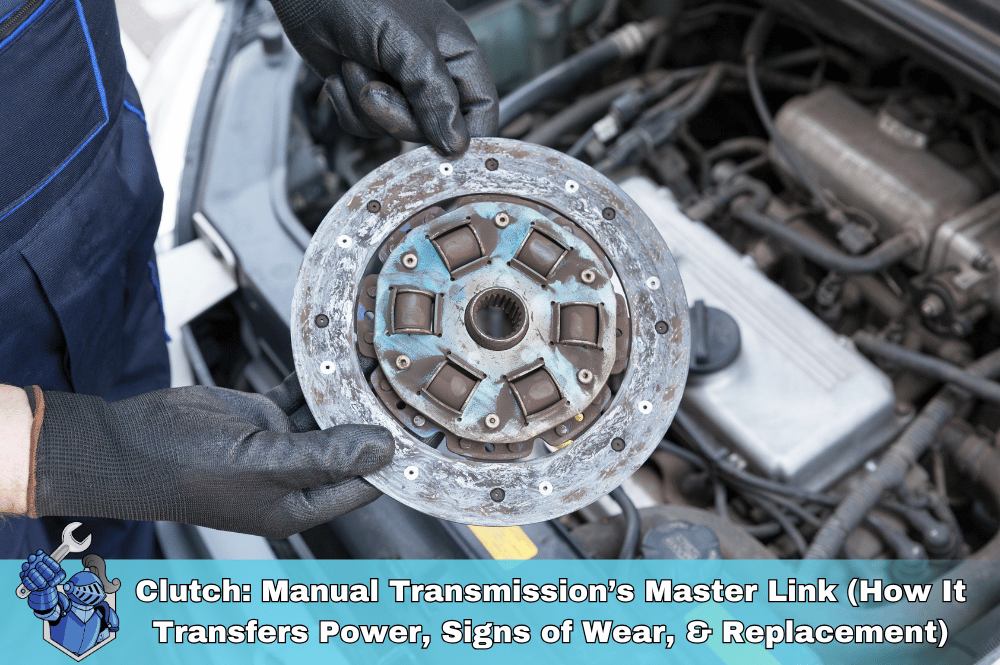 Clutch: Manual Transmission’s Master Link (How It Transfers Power, Signs of Wear, & Replacement)
Clutch: Manual Transmission’s Master Link (How It Transfers Power, Signs of Wear, & Replacement) The 2025 Toyota Supra: The Grand Finale of a Legend?
The 2025 Toyota Supra: The Grand Finale of a Legend? Why Your Car Insurance is Skyrocketing in 2025 (and How NobleQuote Can Help)
Why Your Car Insurance is Skyrocketing in 2025 (and How NobleQuote Can Help)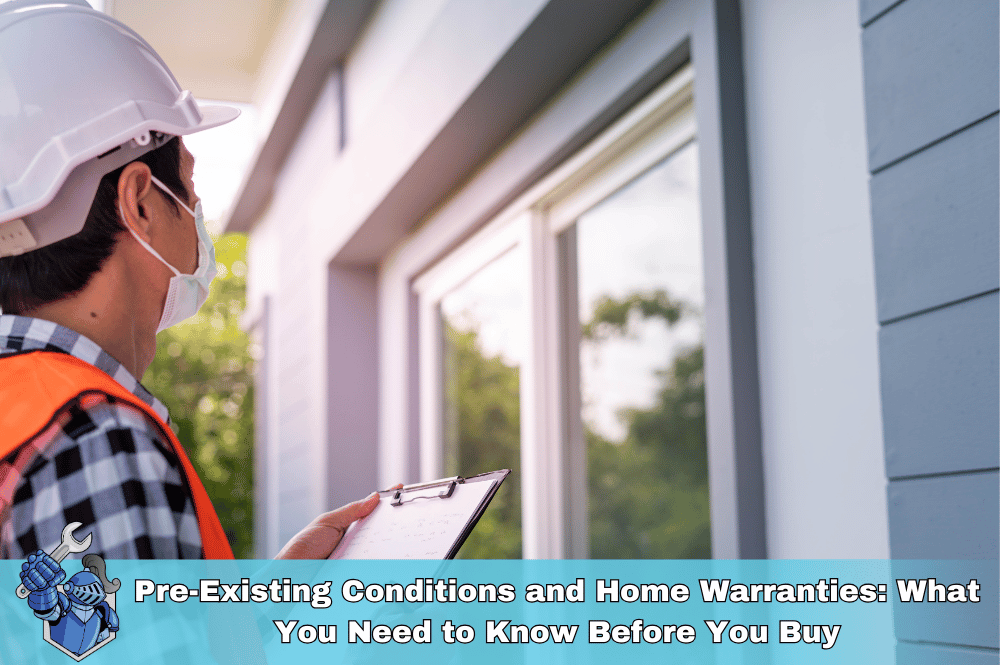 Pre-Existing Conditions and Home Warranties: What You Need to Know Before You Buy
Pre-Existing Conditions and Home Warranties: What You Need to Know Before You Buy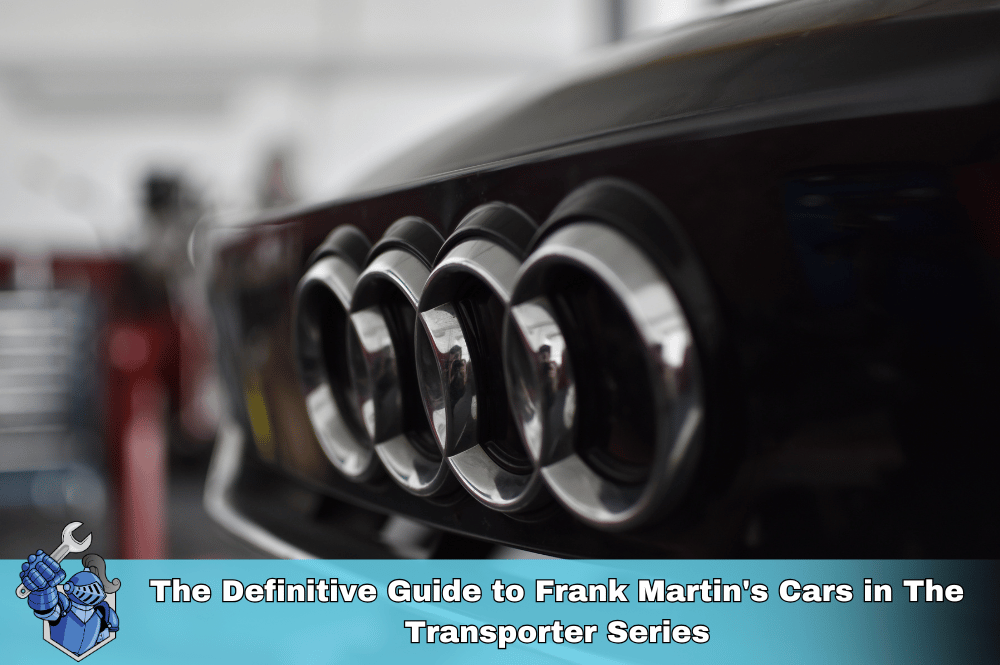 The Definitive Guide to Frank Martin's Cars in The Transporter Series
The Definitive Guide to Frank Martin's Cars in The Transporter Series Edmunds.com: Your Ultimate Guide to Smarter Car Buying
Edmunds.com: Your Ultimate Guide to Smarter Car Buying NobleQuote.com Presents: American National Auto Insurance – Your Complete Guide
NobleQuote.com Presents: American National Auto Insurance – Your Complete Guide DIY Danger? The Financial Risks of Handling Car Repairs Yourself
DIY Danger? The Financial Risks of Handling Car Repairs Yourself Smart Buyer’s Guide: Ford F-250 Review and Long-Term Ownership Costs (2022–2024)
Smart Buyer’s Guide: Ford F-250 Review and Long-Term Ownership Costs (2022–2024)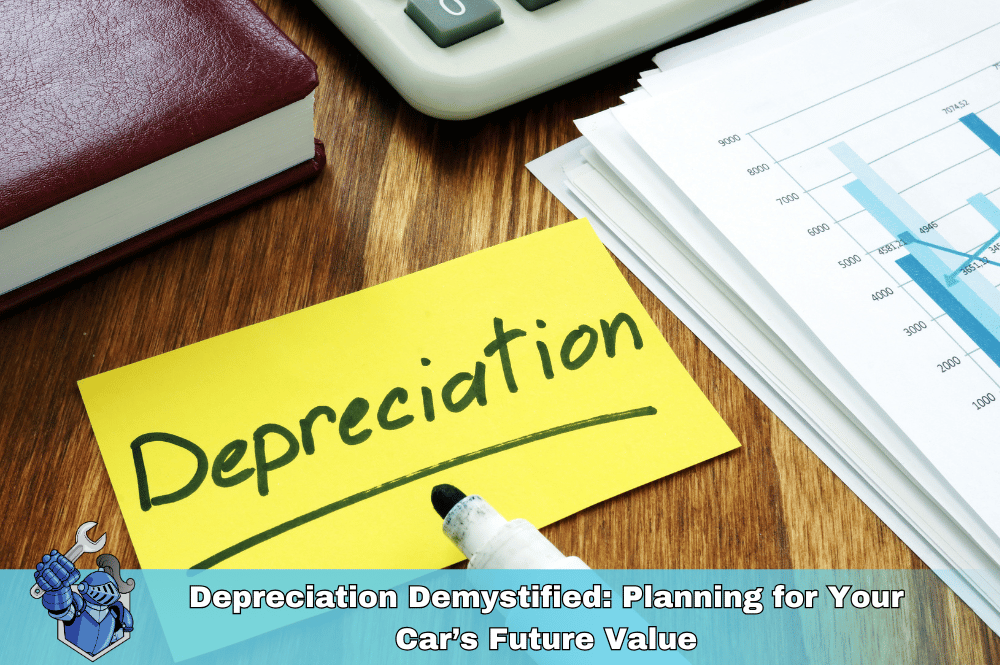 Depreciation Demystified: Planning for Your Car’s Future Value
Depreciation Demystified: Planning for Your Car’s Future Value New vs. Used: A Financial Showdown for Your Next Vehicle
New vs. Used: A Financial Showdown for Your Next Vehicle Blockchain Basics: The Technology Behind Cryptocurrencies
Blockchain Basics: The Technology Behind Cryptocurrencies Beyond Self-Driving: OpenAI and the Next Generation of Automotive Intelligence
Beyond Self-Driving: OpenAI and the Next Generation of Automotive Intelligence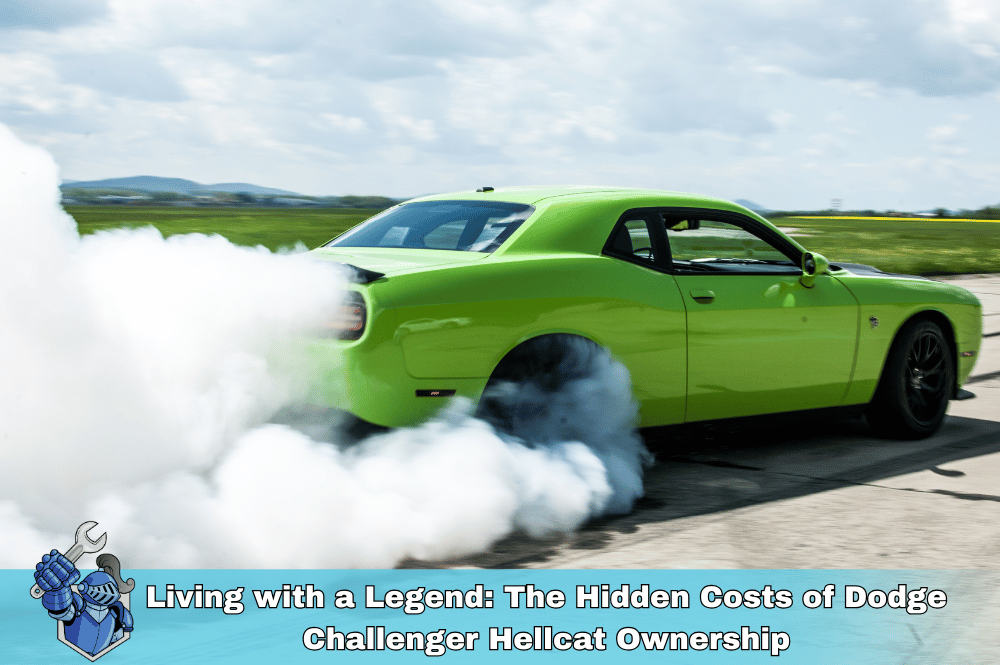 Living with a Legend: The Hidden Costs of Dodge Challenger Hellcat Ownership
Living with a Legend: The Hidden Costs of Dodge Challenger Hellcat Ownership The Crypto Long Game: Proven Strategies for Building Generational Wealth
The Crypto Long Game: Proven Strategies for Building Generational Wealth Family First, Finances Second? The Real Cost of Owning a Toyota Highlander
Family First, Finances Second? The Real Cost of Owning a Toyota Highlander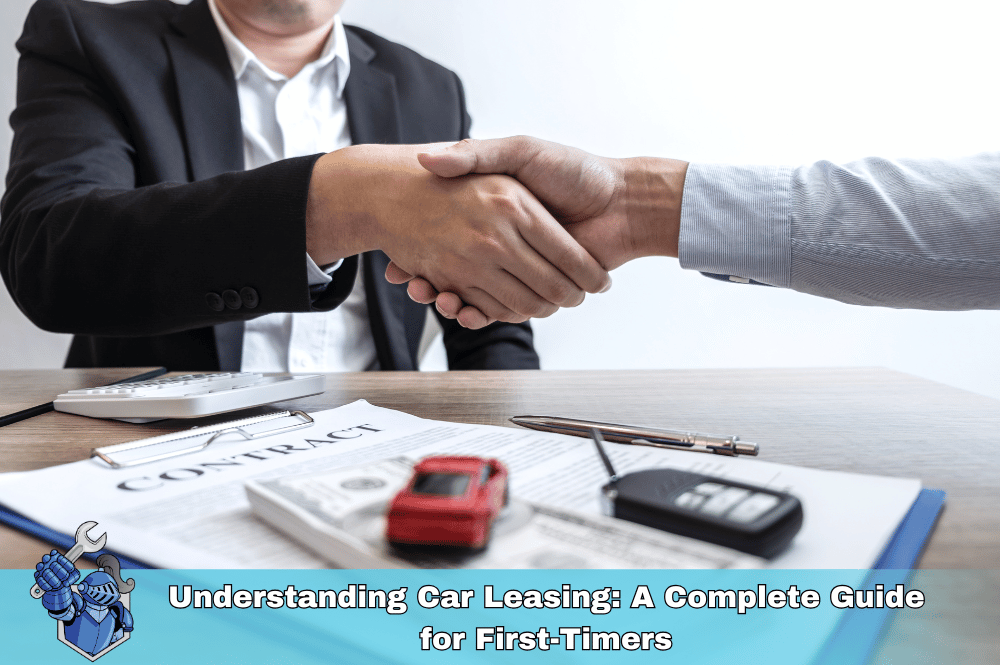 Understanding Car Leasing: A Complete Guide for First-Timers
Understanding Car Leasing: A Complete Guide for First-Timers Drive Away Richer? Credit Card Secrets for Smart Car Buying
Drive Away Richer? Credit Card Secrets for Smart Car Buying The EV Territory Wars: US Automakers Fight for Survival
The EV Territory Wars: US Automakers Fight for Survival From Solid Axle to Supercar: The Ultimate Guide to Every Corvette Generation (C1–C8)
From Solid Axle to Supercar: The Ultimate Guide to Every Corvette Generation (C1–C8) Hello, Robot Neighbor: The Dawn of Everyday AI and Its Impact
Hello, Robot Neighbor: The Dawn of Everyday AI and Its Impact Beyond the Movie: The Gritty Truth of Ford vs. Ferrari
Beyond the Movie: The Gritty Truth of Ford vs. Ferrari Slash Your Car Insurance Bills: Expert Tips You Need Now
Slash Your Car Insurance Bills: Expert Tips You Need Now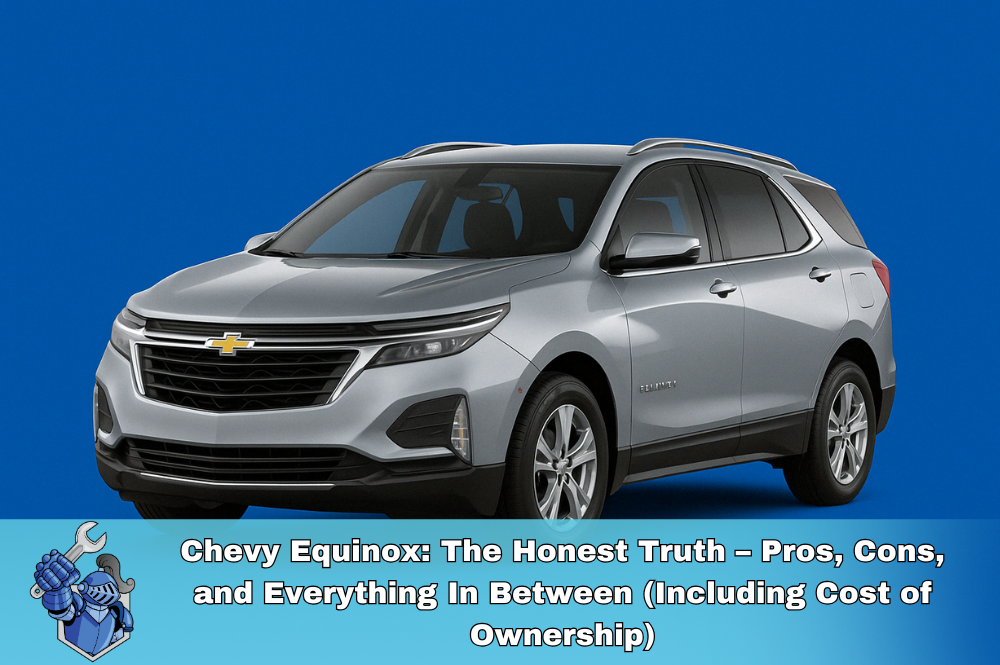 Chevy Equinox: The Honest Truth – Pros, Cons, and Everything In Between (Including Cost of Ownership)
Chevy Equinox: The Honest Truth – Pros, Cons, and Everything In Between (Including Cost of Ownership) Decoding Auto Insurance: Your Easy-to-Understand Guide
Decoding Auto Insurance: Your Easy-to-Understand Guide Pessada Holdings: BBB A+ Rated Excellence
Pessada Holdings: BBB A+ Rated Excellence Save More, Stress Less: Family Budgeting Tips That Work
Save More, Stress Less: Family Budgeting Tips That Work Slate’s Electric Entry: A Deep Dive into the New Automotive Truck
Slate’s Electric Entry: A Deep Dive into the New Automotive Truck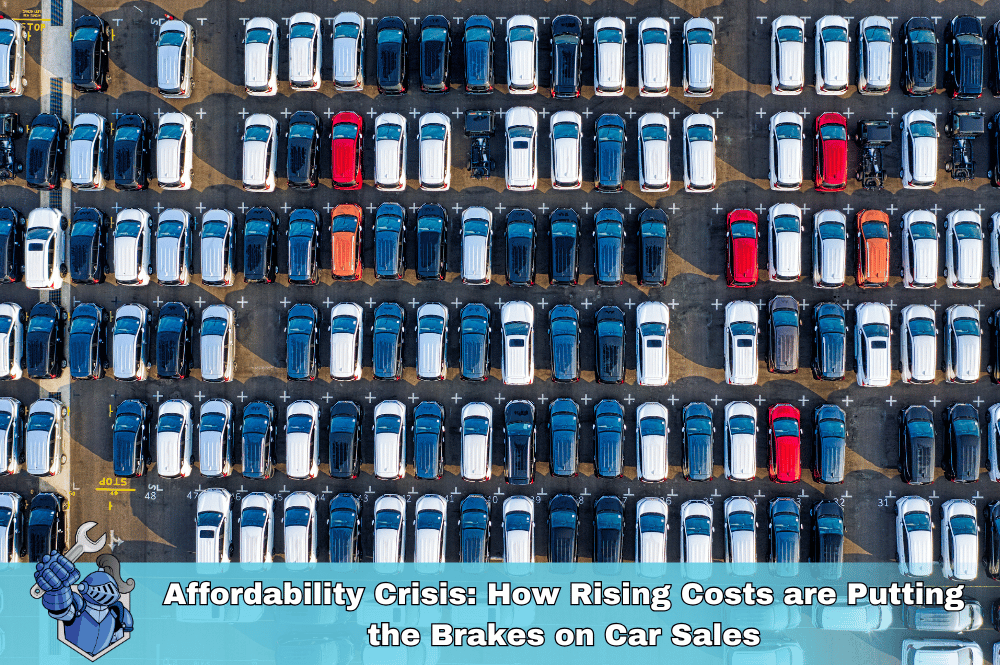 Affordability Crisis: How Rising Costs are Putting the Brakes on Car Sales
Affordability Crisis: How Rising Costs are Putting the Brakes on Car Sales The Extended Warranty Pitch: What Dealers Don't Always Tell You
The Extended Warranty Pitch: What Dealers Don't Always Tell You Unlock Your Dream Ride: The Ultimate Guide to Scoring a New Car Deal
Unlock Your Dream Ride: The Ultimate Guide to Scoring a New Car Deal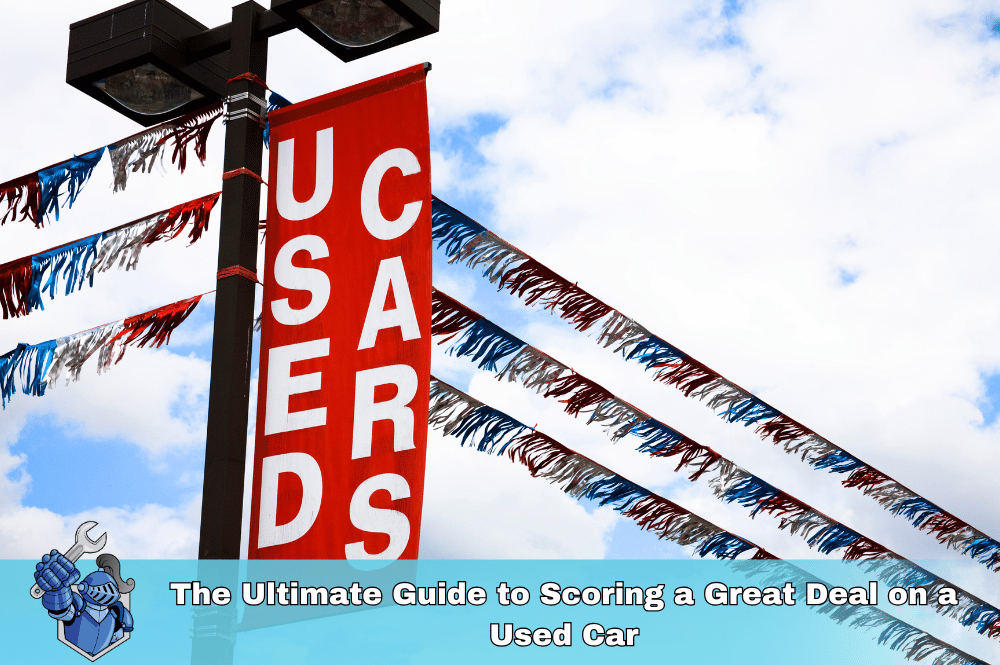 The Ultimate Guide to Scoring a Great Deal on a Used Car
The Ultimate Guide to Scoring a Great Deal on a Used Car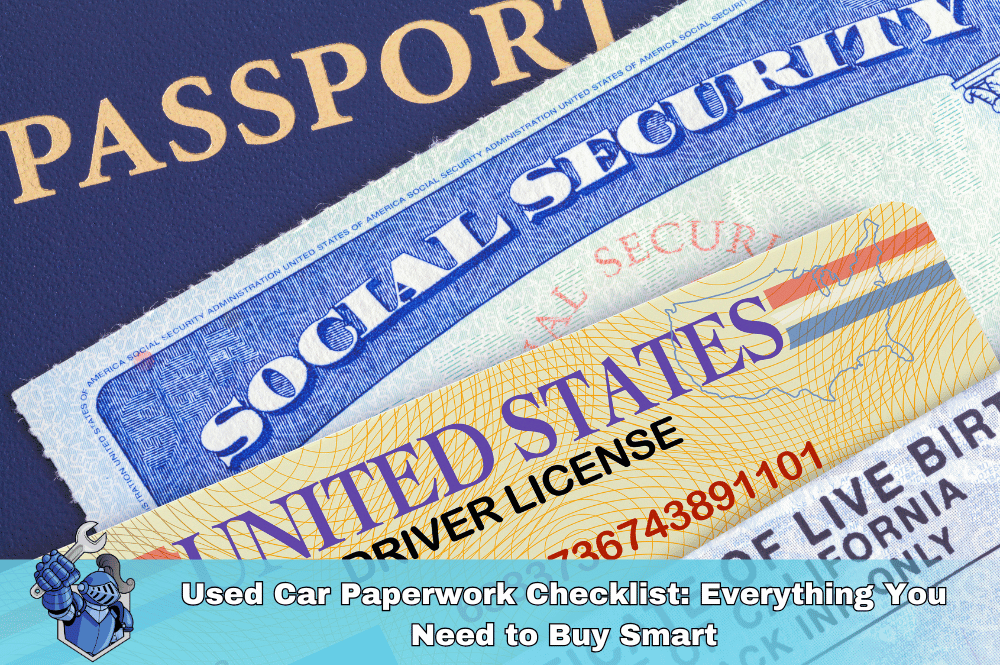 Used Car Paperwork Checklist: Everything You Need to Buy Smart
Used Car Paperwork Checklist: Everything You Need to Buy Smart Decoding “As-Is”: Your Essential Guide to Buying a Used Car
Decoding “As-Is”: Your Essential Guide to Buying a Used Car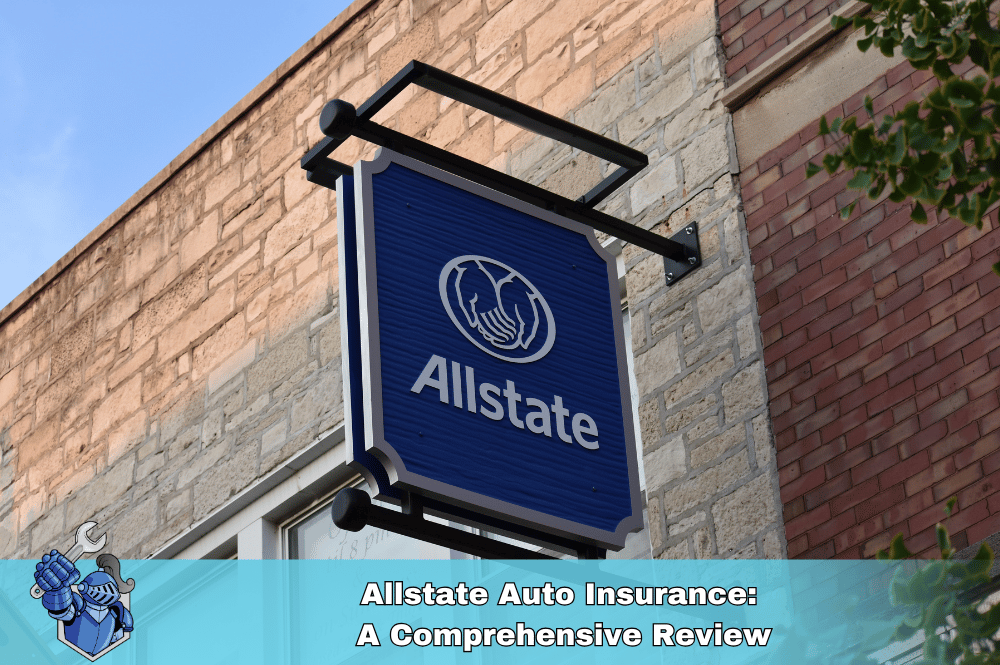 Allstate Auto Insurance: A Comprehensive Review
Allstate Auto Insurance: A Comprehensive Review Cars.com: Your All-in-One Guide to Buying, Selling, and Owning Cars
Cars.com: Your All-in-One Guide to Buying, Selling, and Owning Cars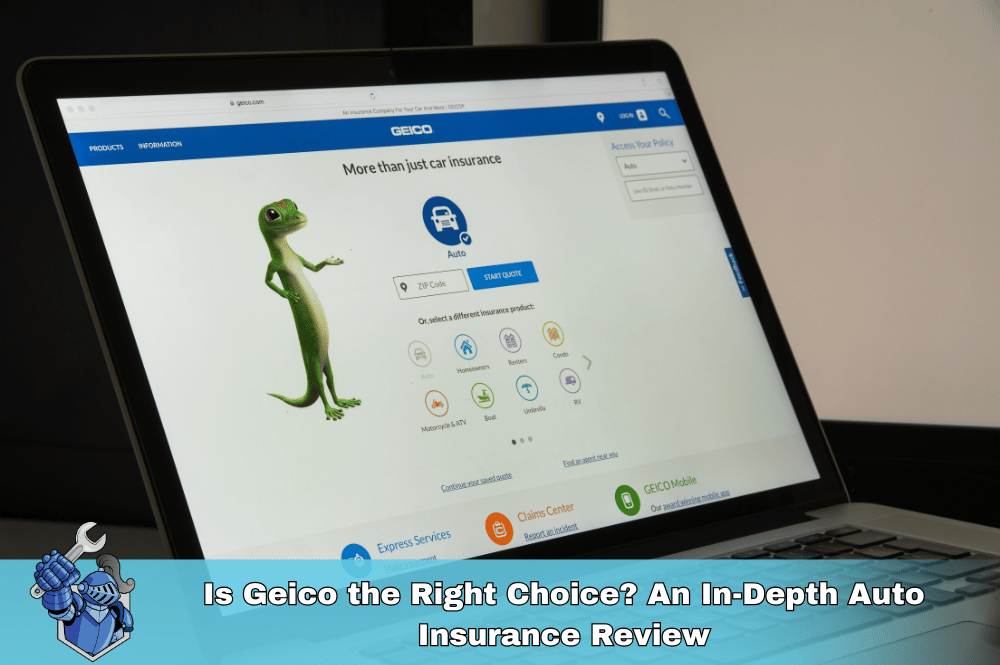 Is Geico the Right Choice? An In-Depth Auto Insurance Review
Is Geico the Right Choice? An In-Depth Auto Insurance Review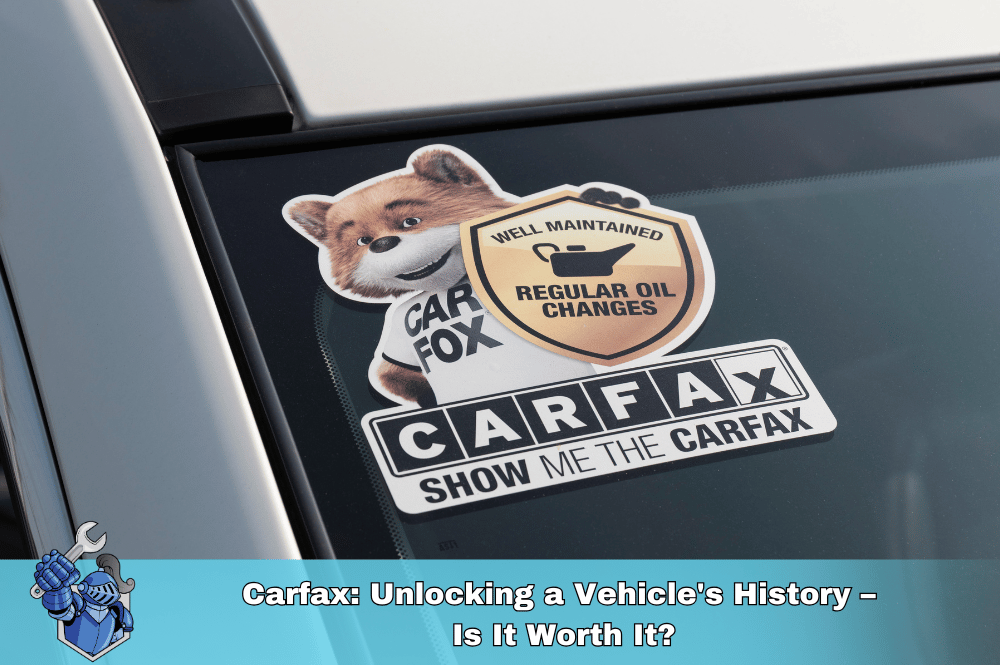 Carfax: Unlocking a Vehicle's History – Is It Worth It?
Carfax: Unlocking a Vehicle's History – Is It Worth It?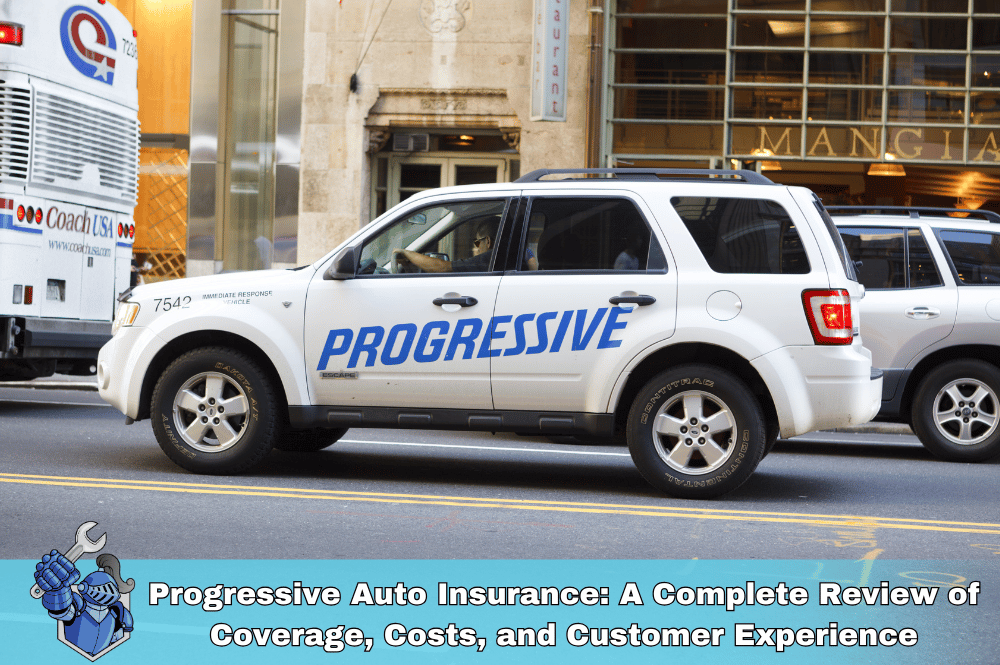 Progressive Auto Insurance: A Complete Review of Coverage, Costs, and Customer Experience
Progressive Auto Insurance: A Complete Review of Coverage, Costs, and Customer Experience The Trusted Choice: A Comprehensive Look at NAPA AutoCare Center Services
The Trusted Choice: A Comprehensive Look at NAPA AutoCare Center Services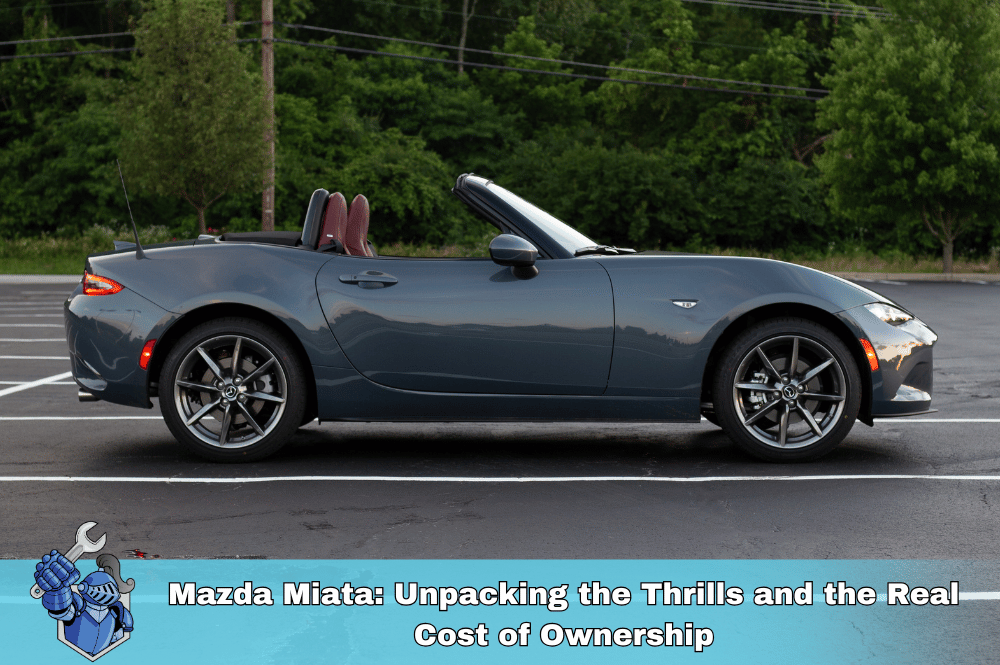 Mazda Miata: Unpacking the Thrills and the Real Cost of Ownership
Mazda Miata: Unpacking the Thrills and the Real Cost of Ownership Online Car Shopping vs. Dealerships: Which Road Should You Take?
Online Car Shopping vs. Dealerships: Which Road Should You Take? USAA Auto Insurance Review: The Complete In’s and Out’s (2025 Edition)
USAA Auto Insurance Review: The Complete In’s and Out’s (2025 Edition)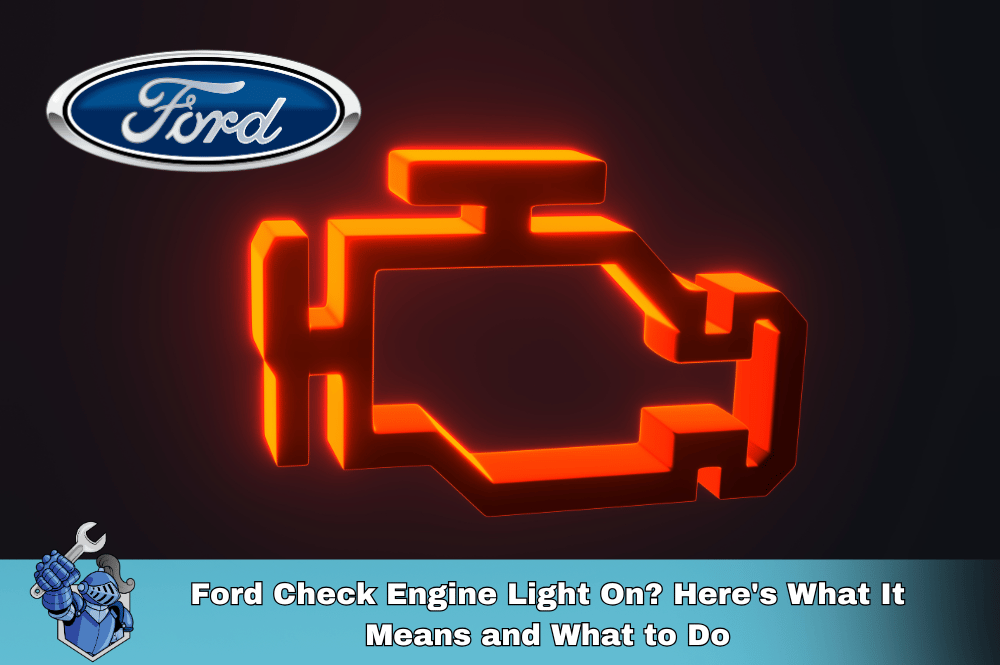 Ford Check Engine Light On? Here's What It Means and What to Do
Ford Check Engine Light On? Here's What It Means and What to Do The Hidden Risks of Buy Here Pay Here Car Dealerships
The Hidden Risks of Buy Here Pay Here Car Dealerships Is an AARP Membership Worth It for Drivers?
Is an AARP Membership Worth It for Drivers? The Basics of Car Insurance Deductibles and How They Work
The Basics of Car Insurance Deductibles and How They Work Navigating Bank of America Auto Loans: What You Need to Know
Navigating Bank of America Auto Loans: What You Need to Know 5 Steps to a Higher Credit Score: Your Guide to Better Auto Loan Rates
5 Steps to a Higher Credit Score: Your Guide to Better Auto Loan Rates The General Auto Insurance: What You Need to Know
The General Auto Insurance: What You Need to Know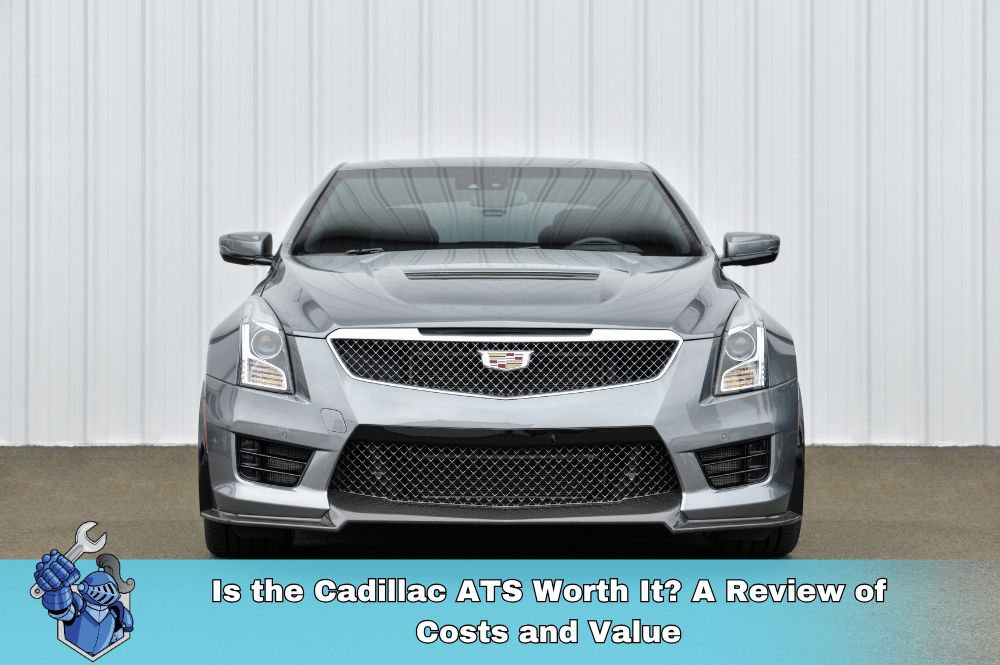 Is the Cadillac ATS Worth It? A Review of Costs and Value
Is the Cadillac ATS Worth It? A Review of Costs and Value Capital One Auto Loans: Your Complete Guide to Financing Your Next Vehicle
Capital One Auto Loans: Your Complete Guide to Financing Your Next Vehicle The Ultimate Guide to Selling Your Car
The Ultimate Guide to Selling Your Car Nationwide Auto Insurance: 10 Essential Things to Know Before You Buy
Nationwide Auto Insurance: 10 Essential Things to Know Before You Buy The Digital Garage for Your Dollars: Navigating the World of Trading Apps
The Digital Garage for Your Dollars: Navigating the World of Trading Apps Lost Keys? Noble Quote Has You Covered (and More!)
Lost Keys? Noble Quote Has You Covered (and More!)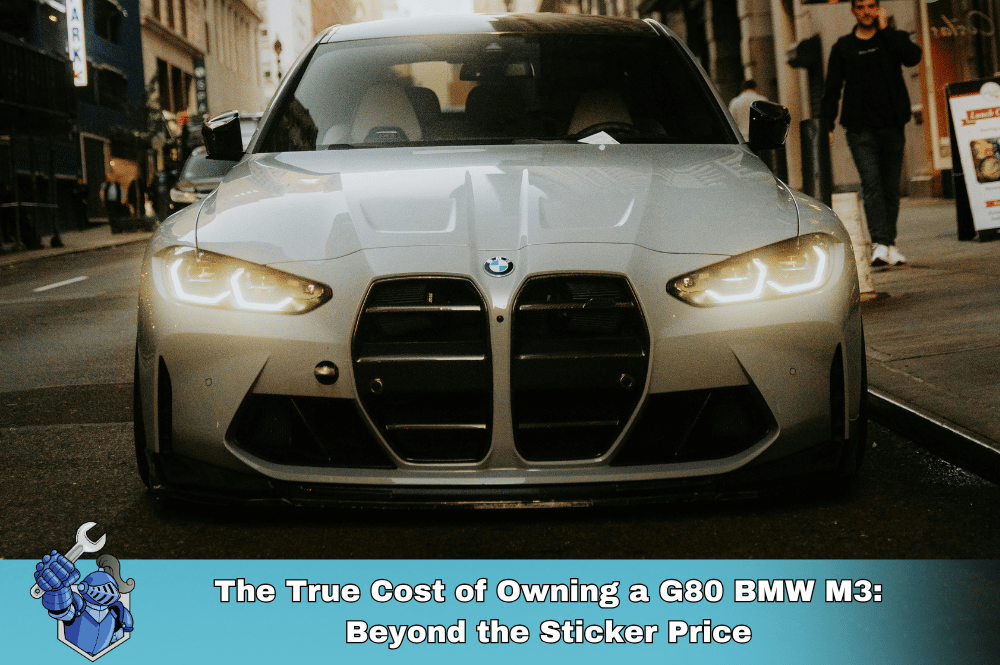 The True Cost of Owning a G80 BMW M3: Beyond the Sticker Price
The True Cost of Owning a G80 BMW M3: Beyond the Sticker Price O'Reilly Auto Parts: Your Comprehensive Guide to Services, Products, and More
O'Reilly Auto Parts: Your Comprehensive Guide to Services, Products, and More Land Cruiser 2025: Unleashed & Uncosted!
Land Cruiser 2025: Unleashed & Uncosted! Noble Quote vs. Amber: Which Automotive Service Offers the Best Value?
Noble Quote vs. Amber: Which Automotive Service Offers the Best Value? Porsche Macan: The REAL Cost of Ownership (2015–2024 Review)
Porsche Macan: The REAL Cost of Ownership (2015–2024 Review) Unlock Lower Rates: Your Guide to Travelers Auto Insurance Discounts
Unlock Lower Rates: Your Guide to Travelers Auto Insurance Discounts Land Rover Evoque Review (2012–2024): True Cost of Ownership Revealed
Land Rover Evoque Review (2012–2024): True Cost of Ownership Revealed Your Car as an NFT? The Future of Automotive Ownership on Ethereum
Your Car as an NFT? The Future of Automotive Ownership on Ethereum Unlock Cheaper Rates: Your Ultimate Guide to State Farm Auto Insurance Discounts
Unlock Cheaper Rates: Your Ultimate Guide to State Farm Auto Insurance Discounts Online Used Car Shopping: What You NEED to Know Before You Buy
Online Used Car Shopping: What You NEED to Know Before You Buy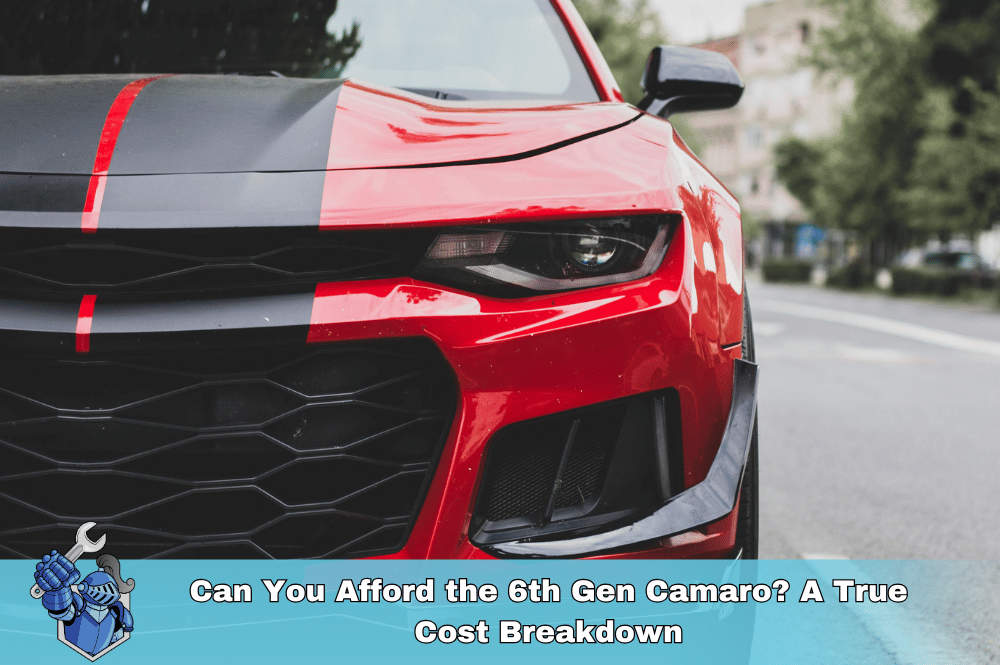 Can You Afford the 6th Gen Camaro? A True Cost Breakdown
Can You Afford the 6th Gen Camaro? A True Cost Breakdown The 7 Hidden Costs of Skipping Your Extended Car Warranty
The 7 Hidden Costs of Skipping Your Extended Car Warranty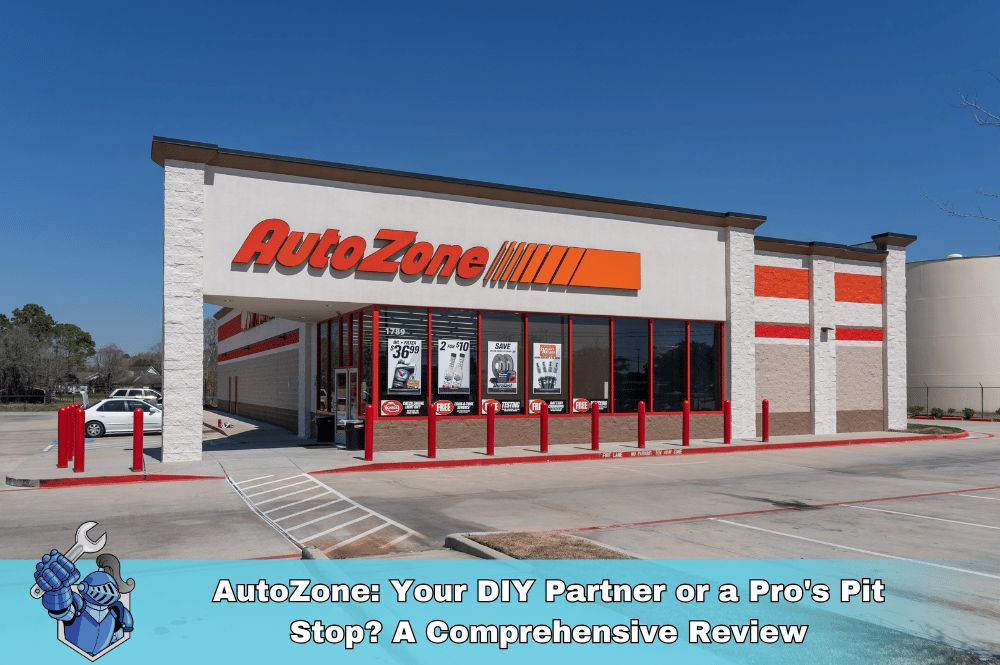 AutoZone: Your DIY Partner or a Pro's Pit Stop? A Comprehensive Review
AutoZone: Your DIY Partner or a Pro's Pit Stop? A Comprehensive Review Reborn Rugged: Why the Ineos Grenadier is More Than Just an SUV
Reborn Rugged: Why the Ineos Grenadier is More Than Just an SUV How to Maximize Your Car Trade-In Value: The Ultimate Guide
How to Maximize Your Car Trade-In Value: The Ultimate Guide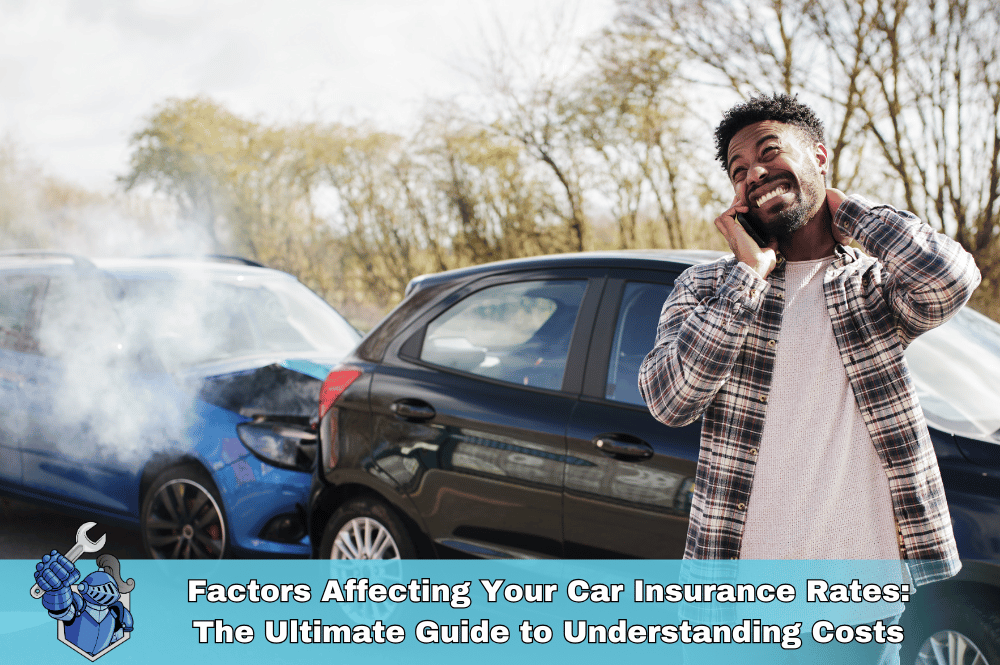 Factors Affecting Your Car Insurance Rates: The Ultimate Guide to Understanding Costs
Factors Affecting Your Car Insurance Rates: The Ultimate Guide to Understanding Costs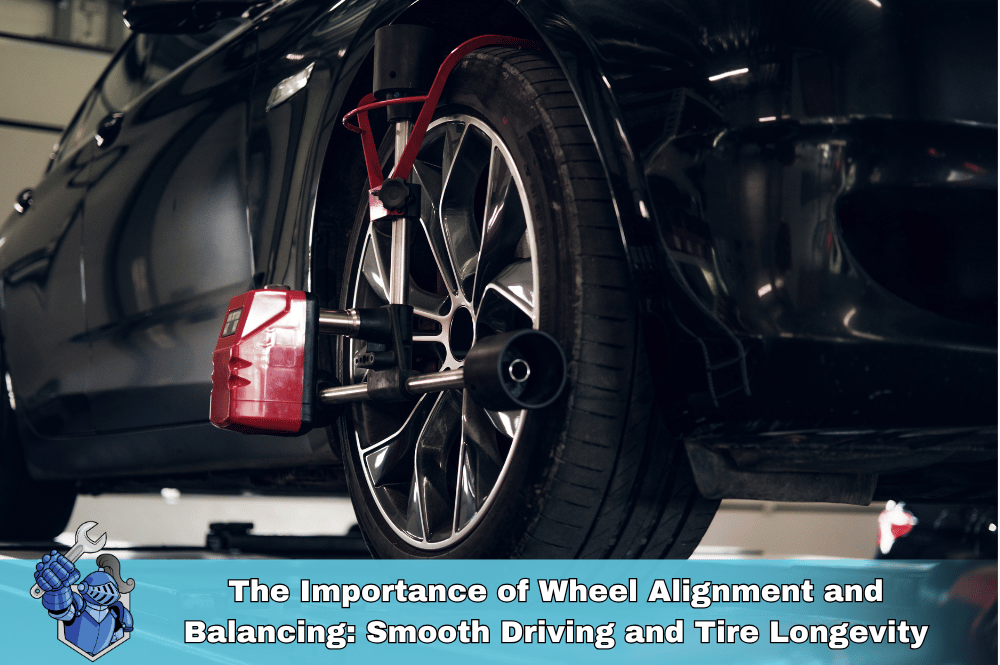 The Importance of Wheel Alignment and Balancing: Smooth Driving and Tire Longevity
The Importance of Wheel Alignment and Balancing: Smooth Driving and Tire Longevity BYD Cars 2025: Your Ultimate Guide to the Full Lineup & Latest Innovations
BYD Cars 2025: Your Ultimate Guide to the Full Lineup & Latest Innovations Don't Miss Out: How to Buy Crypto Before the Next FOMO Wave (2025 Guide)
Don't Miss Out: How to Buy Crypto Before the Next FOMO Wave (2025 Guide) Farmers Auto Insurance: Your Ultimate 2025 Guide to Coverage, Rates & Savings
Farmers Auto Insurance: Your Ultimate 2025 Guide to Coverage, Rates & Savings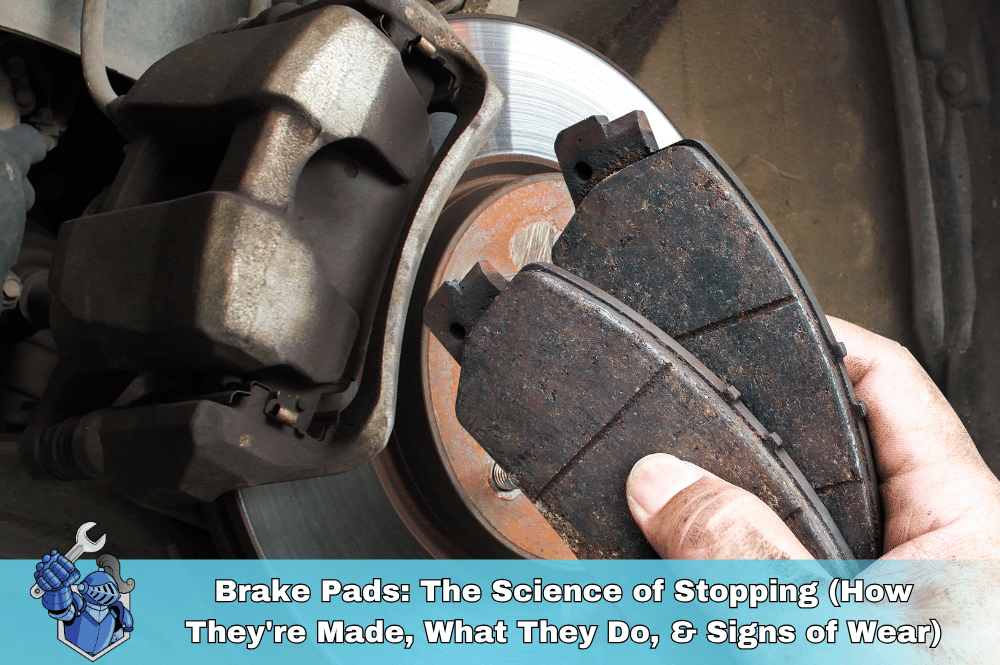 Brake Pads: The Science of Stopping (How They're Made, What They Do, & Signs of Wear)
Brake Pads: The Science of Stopping (How They're Made, What They Do, & Signs of Wear)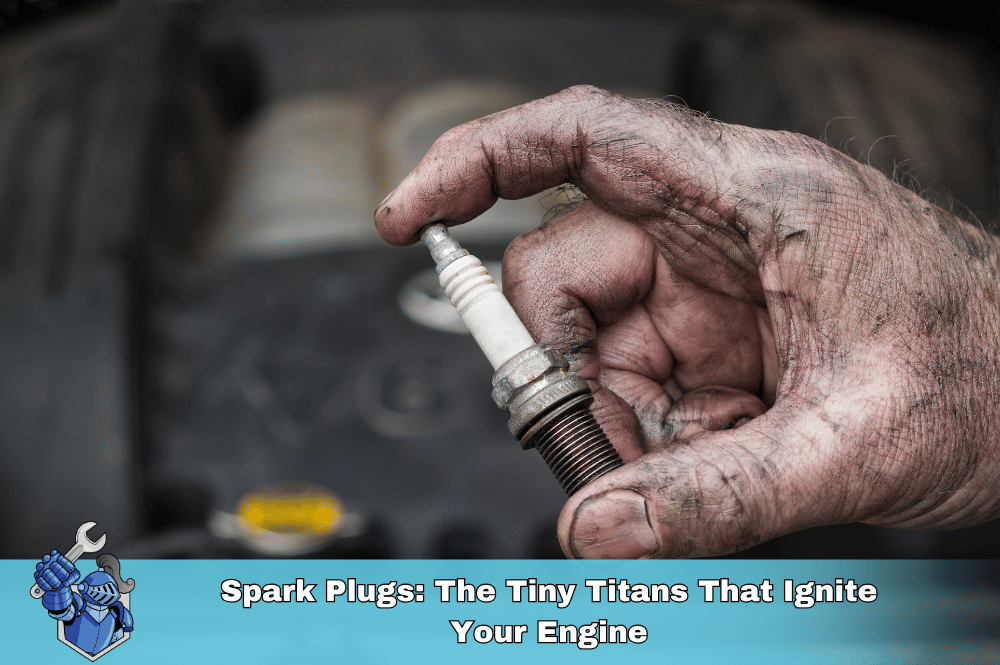 Spark Plugs: The Tiny Titans That Ignite Your Engine
Spark Plugs: The Tiny Titans That Ignite Your Engine The Ultimate Showdown: Car Broker vs. DIY Car Buying – Which Path Saves You More?
The Ultimate Showdown: Car Broker vs. DIY Car Buying – Which Path Saves You More? Kelley Blue Book Instant Cash Offer: Your Ultimate Guide to Getting Top Dollar for Your Car
Kelley Blue Book Instant Cash Offer: Your Ultimate Guide to Getting Top Dollar for Your Car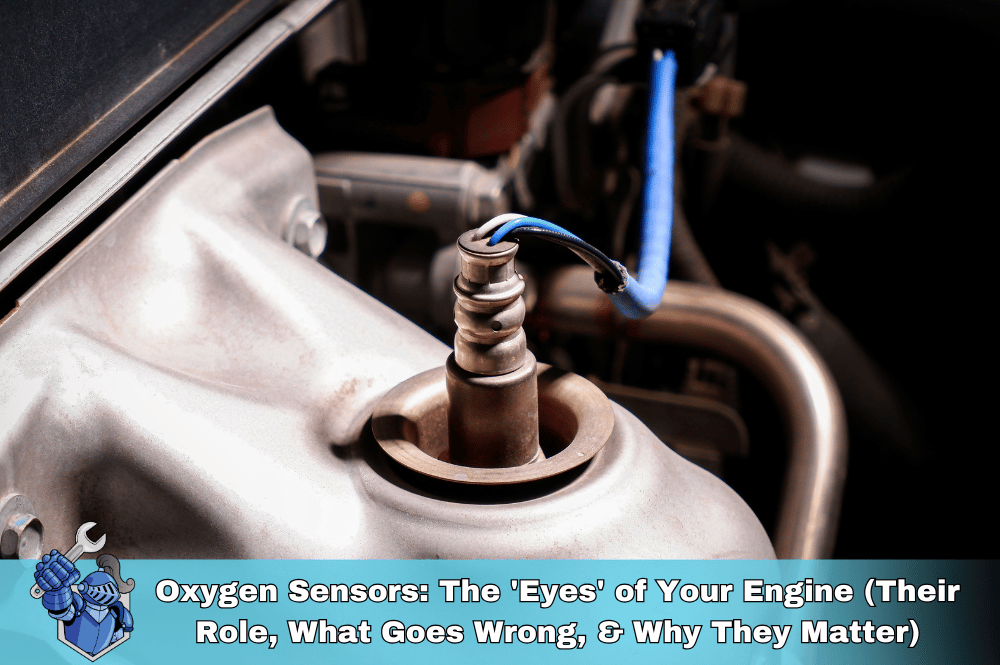 Oxygen Sensors: The 'Eyes' of Your Engine (Their Role, What Goes Wrong, & Why They Matter)
Oxygen Sensors: The 'Eyes' of Your Engine (Their Role, What Goes Wrong, & Why They Matter) Carvana vs. Traditional Dealerships: The Ultimate Showdown for Your Next Car Purchase
Carvana vs. Traditional Dealerships: The Ultimate Showdown for Your Next Car Purchase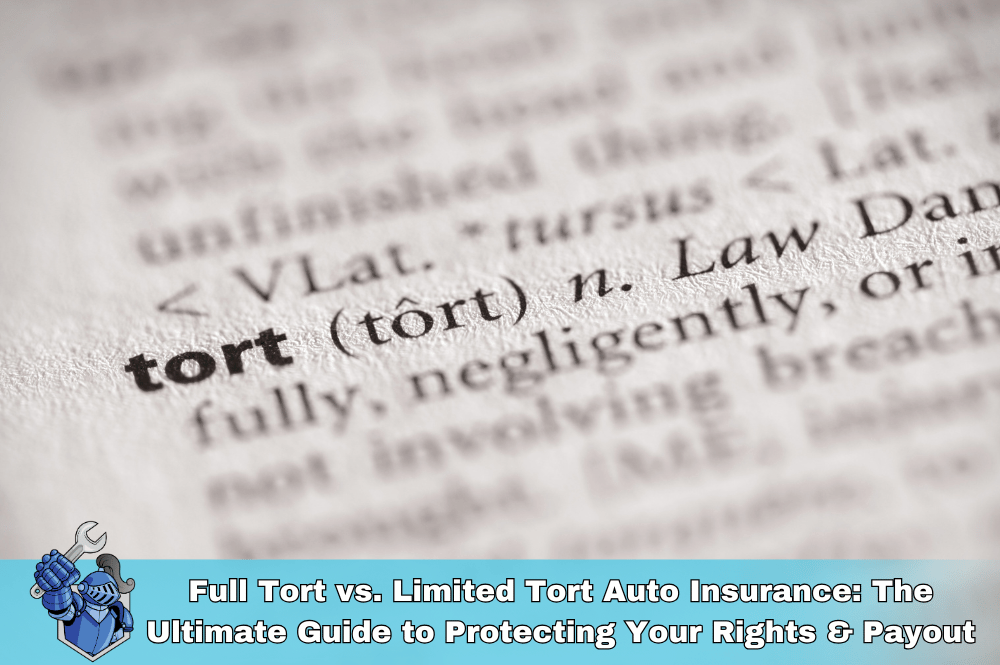 Full Tort vs. Limited Tort Auto Insurance: The Ultimate Guide to Protecting Your Rights & Payout
Full Tort vs. Limited Tort Auto Insurance: The Ultimate Guide to Protecting Your Rights & Payout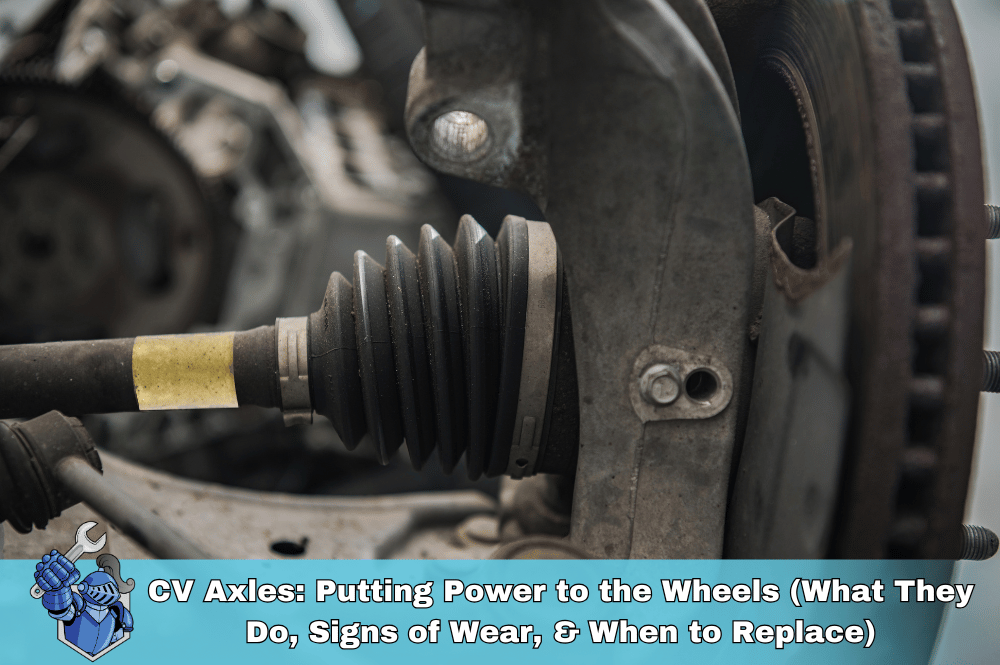 CV Axles: Putting Power to the Wheels (What They Do, Signs of Wear, & When to Replace)
CV Axles: Putting Power to the Wheels (What They Do, Signs of Wear, & When to Replace) 10 Essential Car Prep Tips for Your Family’s Epic Summer Road Trips (2025 Edition)
10 Essential Car Prep Tips for Your Family’s Epic Summer Road Trips (2025 Edition)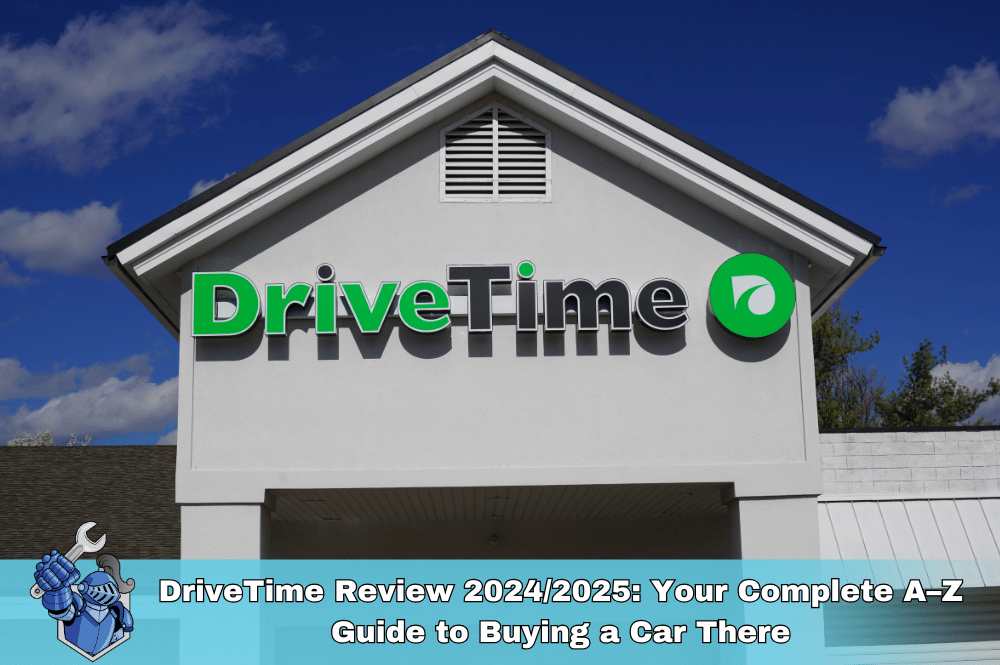 DriveTime Review 2024/2025: Your Complete A–Z Guide to Buying a Car There
DriveTime Review 2024/2025: Your Complete A–Z Guide to Buying a Car There Rideshare Riches: How Much Can YOU Really Earn Driving for Uber & Lyft in 2025?
Rideshare Riches: How Much Can YOU Really Earn Driving for Uber & Lyft in 2025?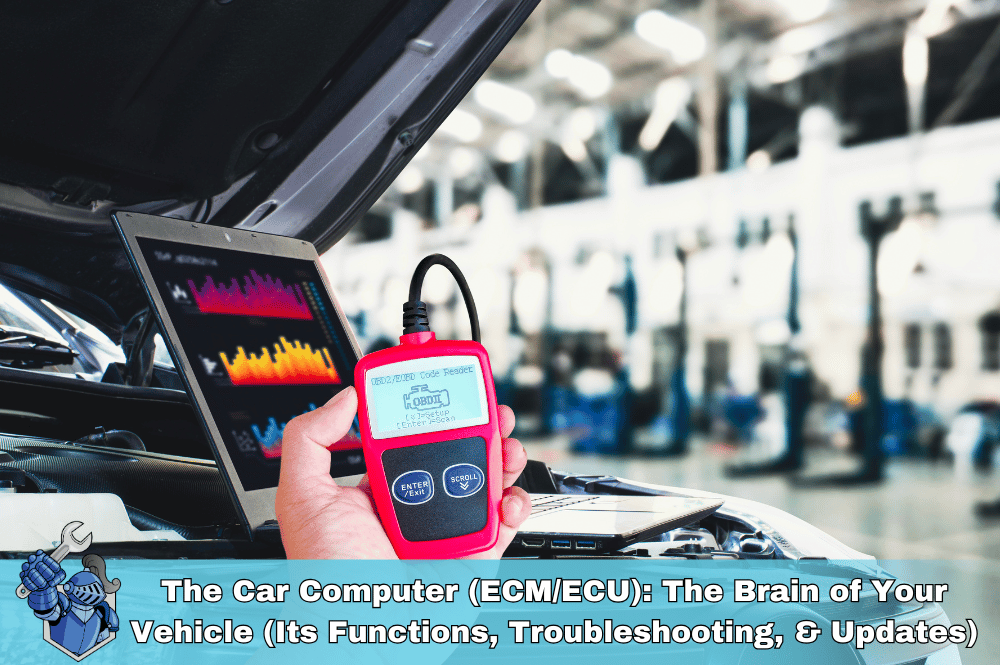 The Car Computer (ECM/ECU): The Brain of Your Vehicle (Its Functions, Troubleshooting, & Updates)
The Car Computer (ECM/ECU): The Brain of Your Vehicle (Its Functions, Troubleshooting, & Updates) The Ultimate Truck/SUV Beach Driving Guide: Prep, Safety, & Post-Sand Care
The Ultimate Truck/SUV Beach Driving Guide: Prep, Safety, & Post-Sand Care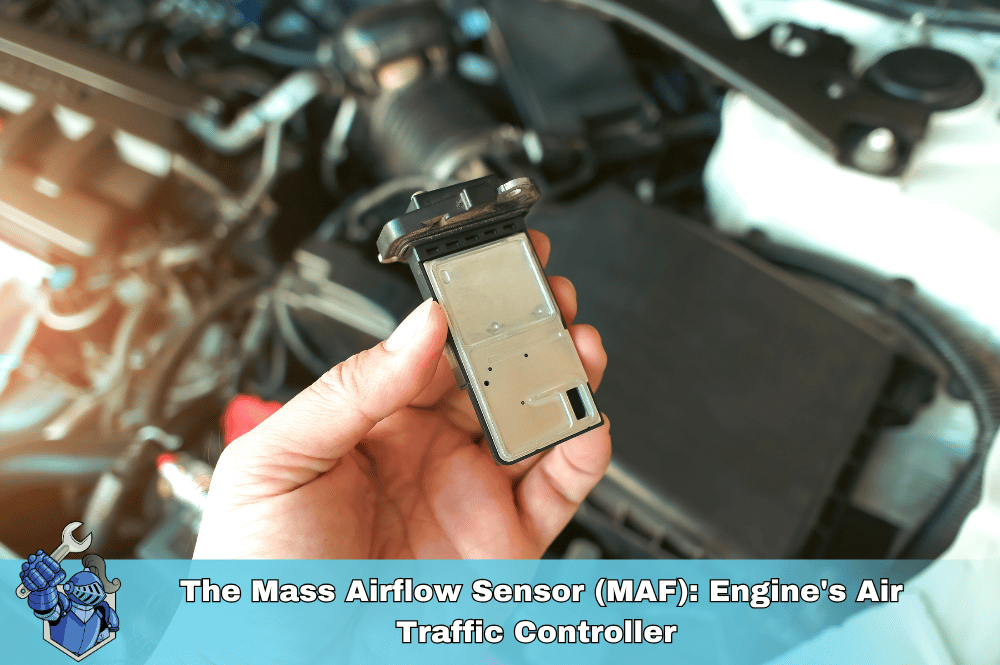 The Mass Airflow Sensor (MAF): Engine's Air Traffic Controller (Function, Symptoms of Failure, & Cleaning)
The Mass Airflow Sensor (MAF): Engine's Air Traffic Controller (Function, Symptoms of Failure, & Cleaning)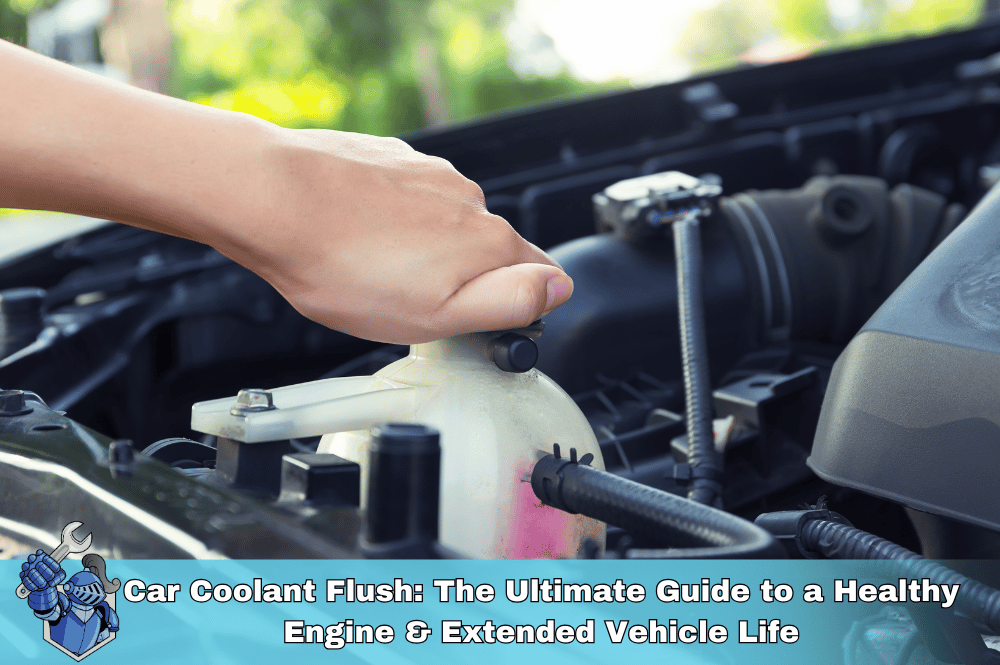 Car Coolant Flush: The Ultimate Guide to a Healthy Engine & Extended Vehicle Life
Car Coolant Flush: The Ultimate Guide to a Healthy Engine & Extended Vehicle Life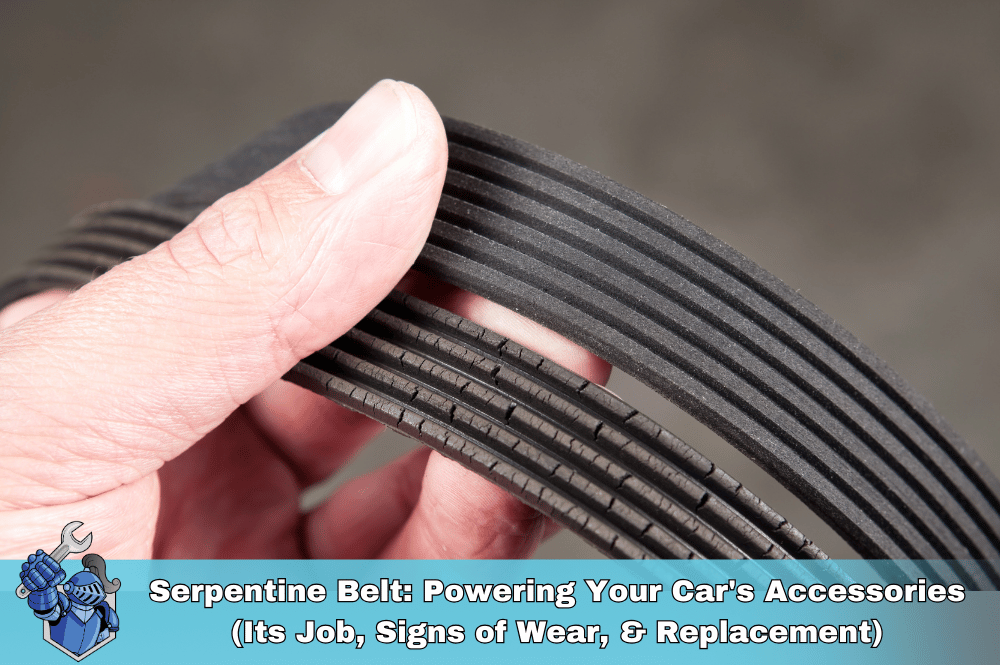 Serpentine Belt: Powering Your Car's Accessories (Its Job, Signs of Wear, & Replacement)
Serpentine Belt: Powering Your Car's Accessories (Its Job, Signs of Wear, & Replacement)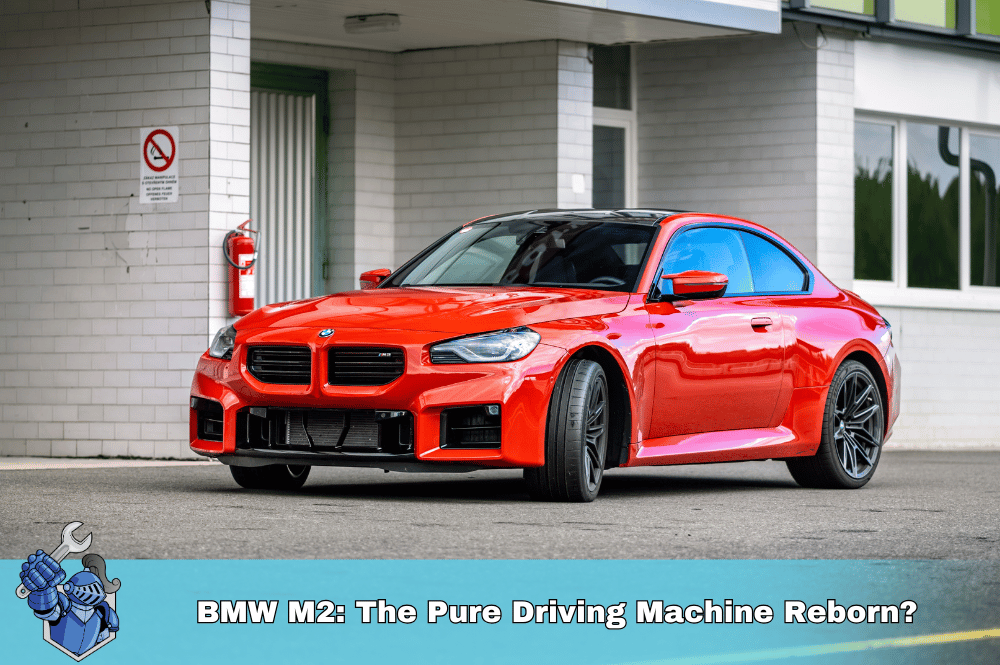 BMW M2: The Pure Driving Machine Reborn?
BMW M2: The Pure Driving Machine Reborn? The Ultimate Protection Plan: How Life Insurance Drives Your Family’s Future
The Ultimate Protection Plan: How Life Insurance Drives Your Family’s Future End-of-Month Car Deals: Myth or Money-Saver?
End-of-Month Car Deals: Myth or Money-Saver?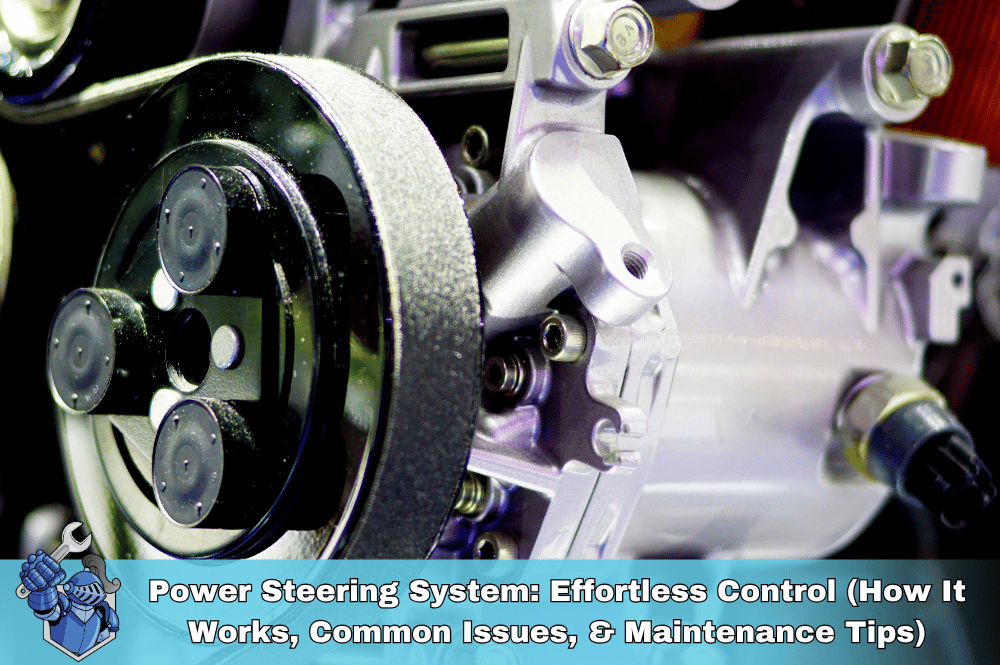 Power Steering System: Effortless Control (How It Works, Common Issues, & Maintenance Tips)
Power Steering System: Effortless Control (How It Works, Common Issues, & Maintenance Tips)